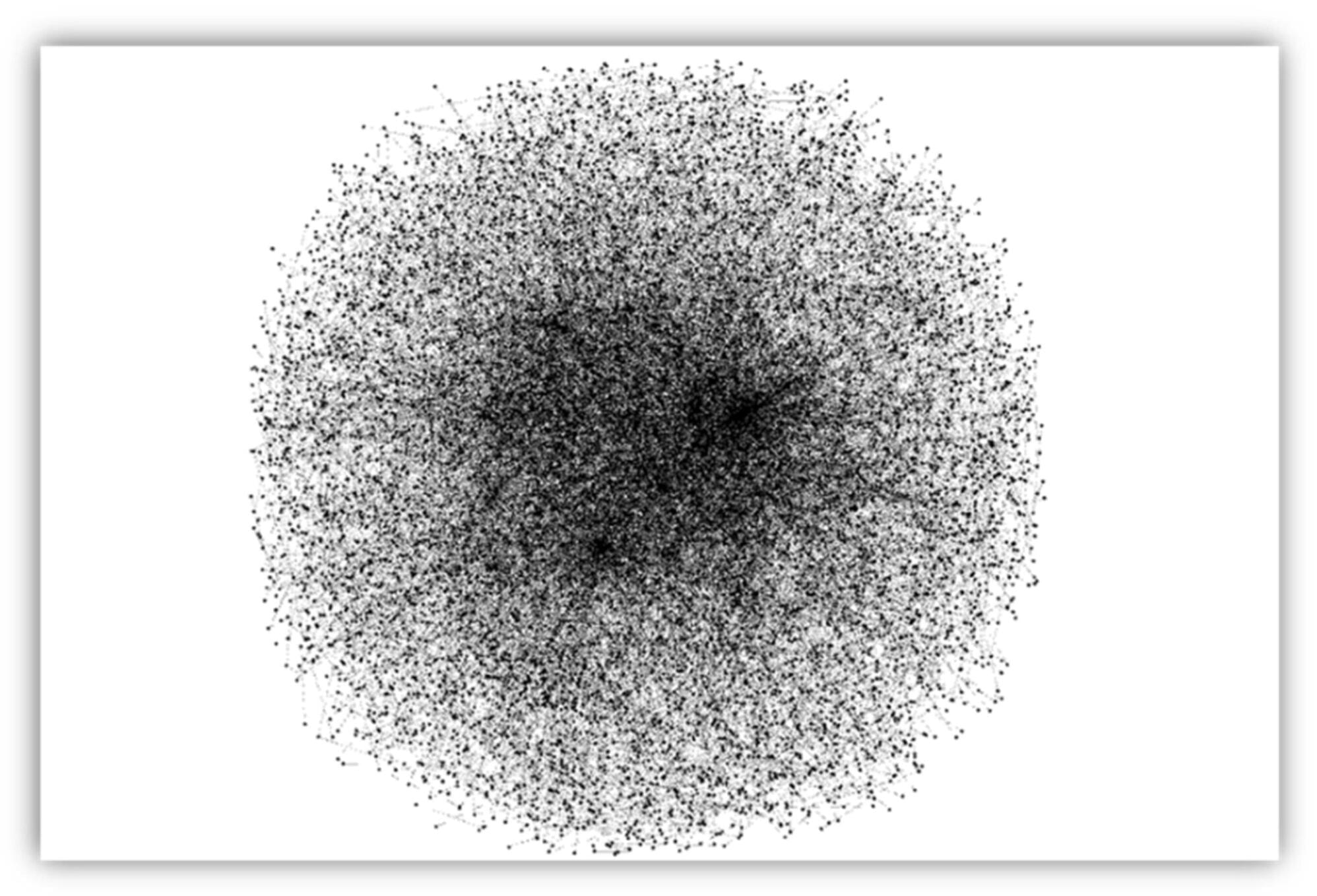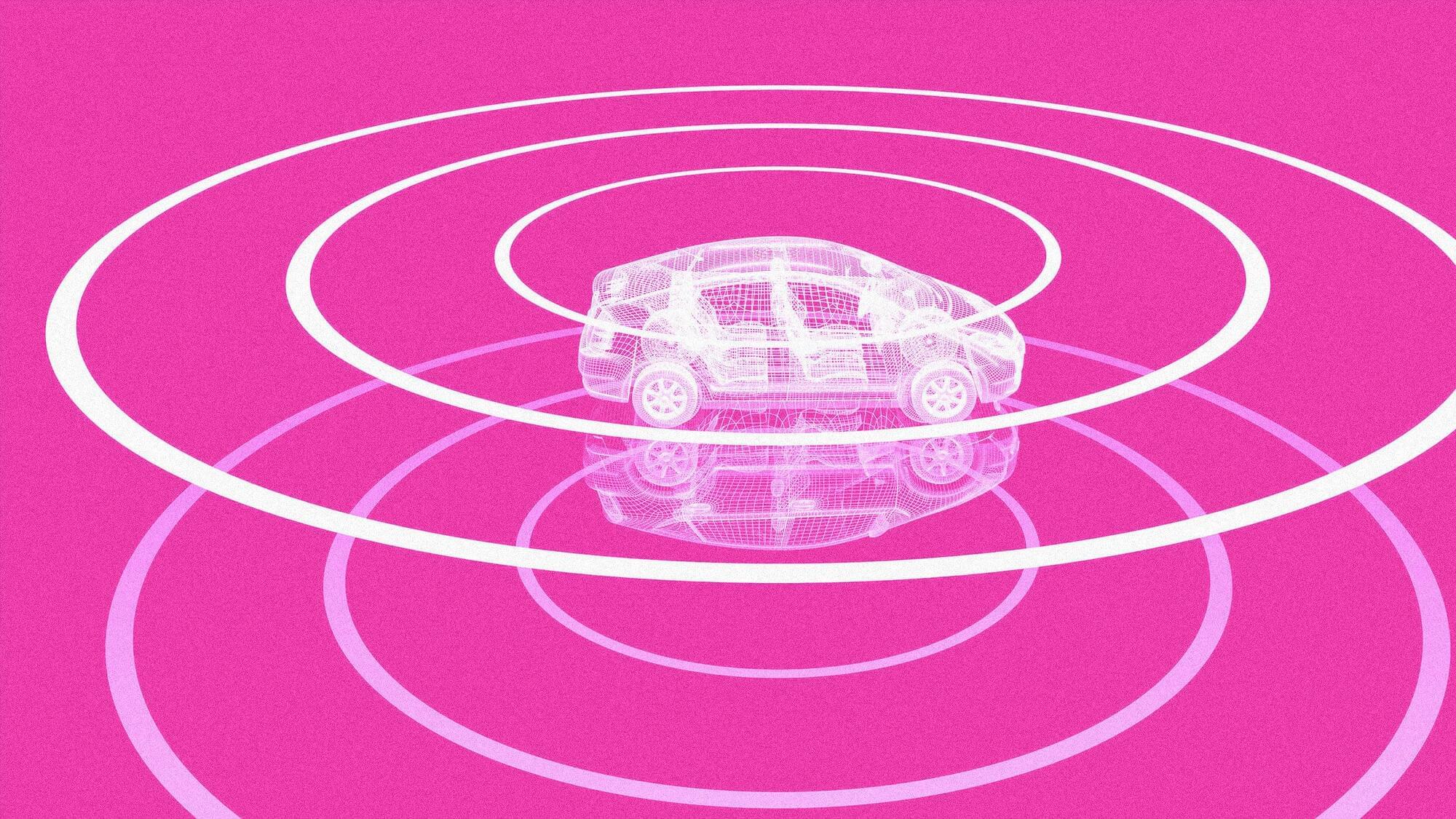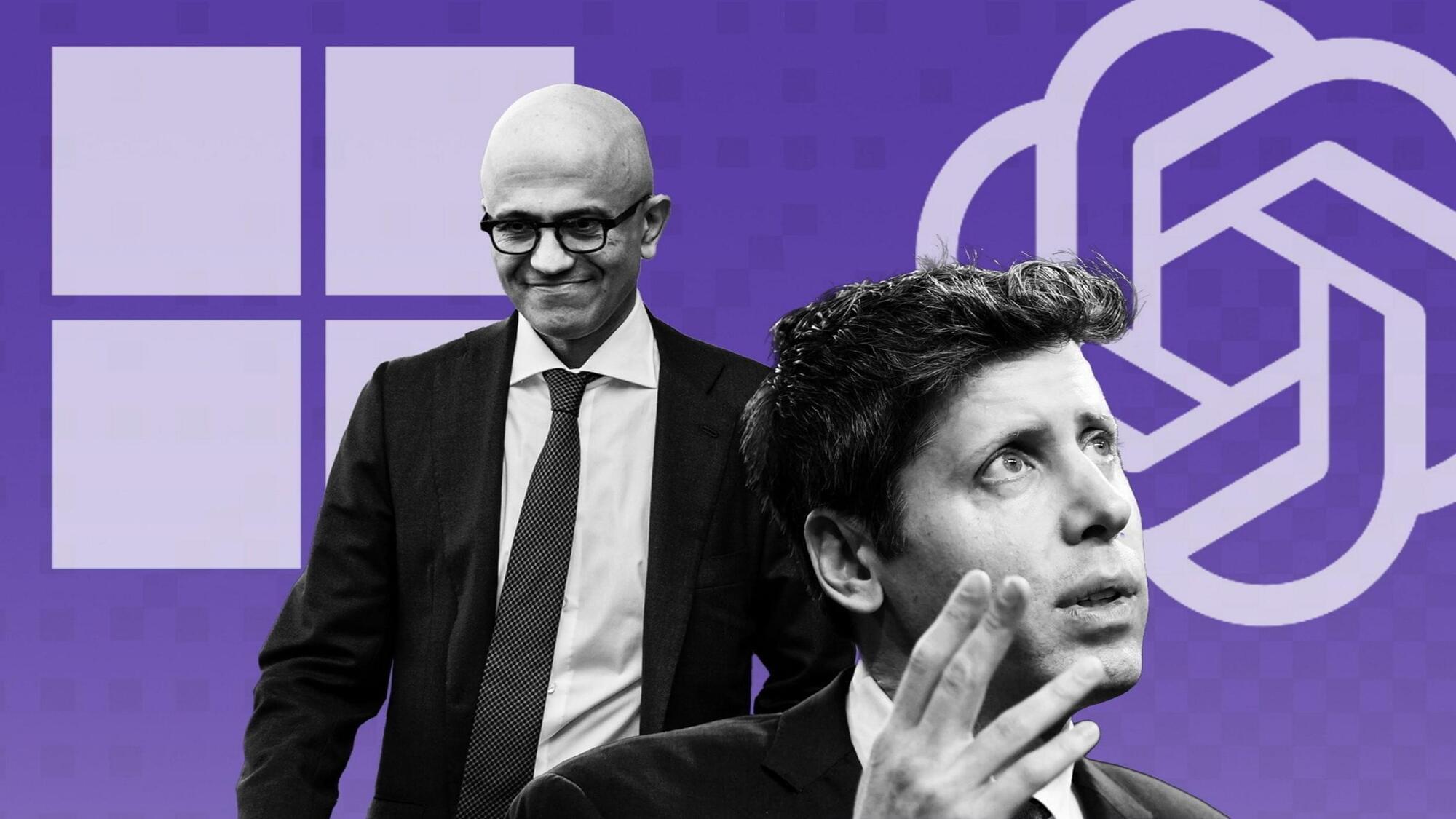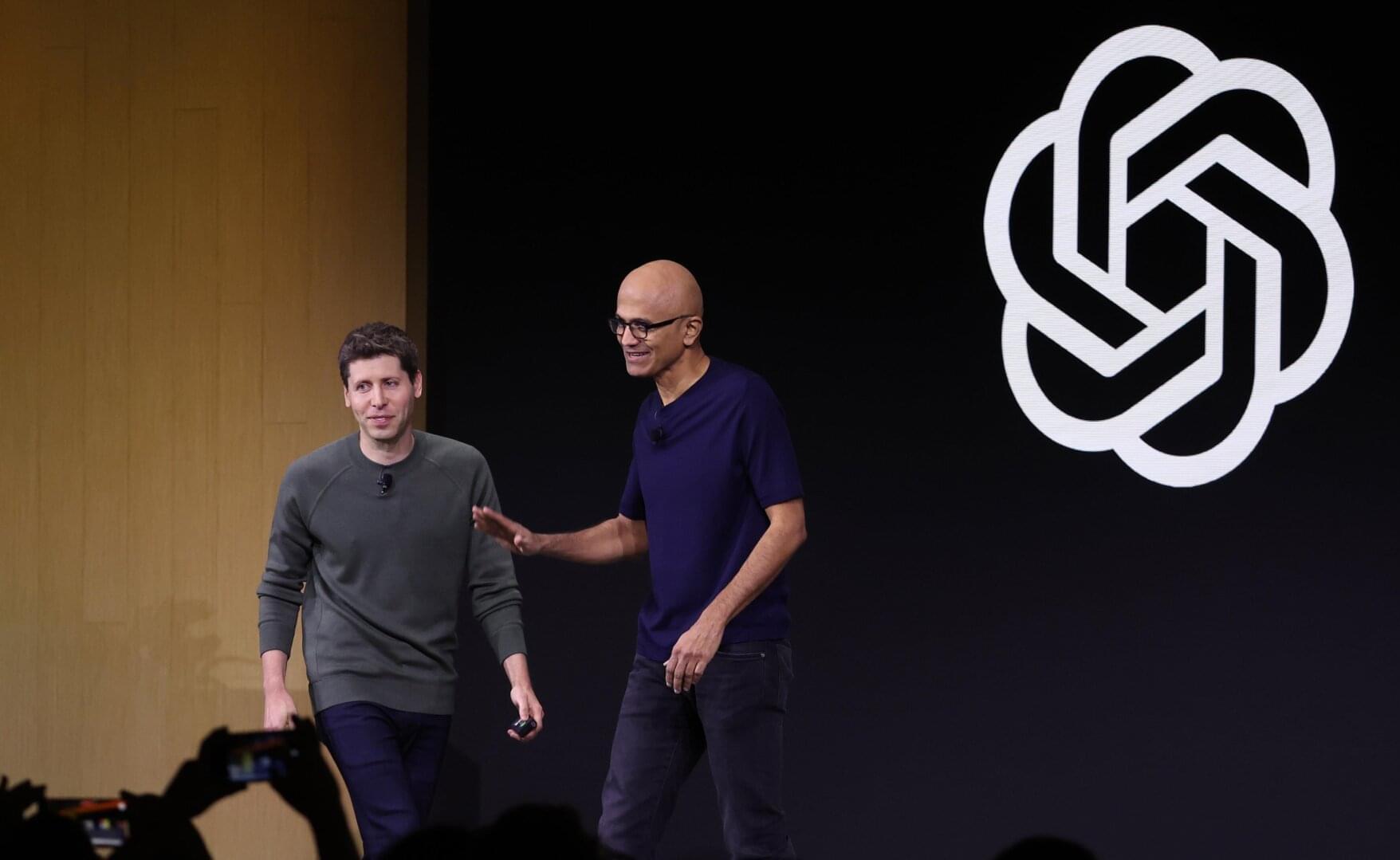A new paper explores how generative AI is transforming the way we interact with the dead, from virtual reality reunions to lifelike digital avatars.



Researchers have discovered a modern solution to detect vault applications (apps) on smartphones, which could be a game-changer for law enforcement. The paper is published in the journal Future Internet.
The analysis, led by researchers from Edith Cowan University (ECU) and University of Southern Queensland, demonstrates that machine learning (ML) can be used to effectively identify vault apps.
Smartphones are an integral part of daily life, used by an estimated 5 billion people around the world.



Since ChatGPT appeared almost three years ago, the impact of artificial intelligence (AI) technologies on learning has been widely debated. Are they handy tools for personalised education, or gateways to academic dishonesty?
Most importantly, there has been concern that using AI will lead to a widespread “dumbing down”, or decline in the ability to think critically. If students use AI tools too early, the argument goes, they may not develop basic skills for critical thinking and problem-solving.
Is that really the case? According to a recent study by scientists from MIT, it appears so. Using ChatGPT to help write essays, the researchers say, can lead to “cognitive debt” and a “likely decrease in learning skills”


Huge deal wobbles as OpenAI pushes for profit pivot Software King of the World, Microsoft is ready to bin its negotiations with OpenAI as the ChatGPT outfit tries to morph into a fully for-profit company. According to the Financial Times, the software giant has thought about ditching the complex tal…


